Peyote for sale
200 $ 180 $
The peyote cactus, or Lophophora williamsii, is unassuming at first glance. It’s small and spineless, unlike other cacti.
But inside the small buttons that grow from the plant lies a hallucinogenic substance called mescaline.
25 in stock
What is peyote for sale?
The peyote cactus, or Lophophora williamsii, is unassuming at first glance. It’s small and spineless, unlike other cacti.
But inside the small buttons that grow from the plant lies a hallucinogenic substance called mescaline. The effects of this chemical component are responsible for peyote’s role as an important element of some religious rituals. More recently, mescaline made it the focus of some legal disputes.
The chemical makeup of mescaline is comparable to other hallucinogenic substances like LSD and psilocybin (shrooms).
buy peyote, peyote sale, buying peyote, peyote where to buy, peyotism, buying peyote cactus, peyote pillar, peyote texas
How is peyote ingested?
Peyote is normally prepared by cutting the mescaline-filled buttons from the plant.
These buttons can be dried and then eaten. They can also be soaked in water to make a psychoactive tea. Some spiritual practitioners consume it in this way.
The buttons can also be ground into a fine powder and then smoked with tobacco or cannabis. This powder is sometimes put in capsules to avoid the bitter taste.
The mescaline can also be drawn out from the plant and made into pills or liquid. Mescaline can also be created synthetically in a lab.
where can i buy peyote, buying peyote online, san juan peyotan nayarit, peyote buttons for sale, lana del rey peyote,peyote retreat near me,
What are the effects of peyote?
Mescaline works by increasing the amount of serotonin and dopamine bonded to receptors in the brain. These two neurotransmitters are responsible for feelings of happiness and elation, and in large quantities produce psychedelic effects.
The psychological effects of mescaline include vivid hallucinations.
Users often claim they can “see music” or “hear colors.” They may have visions and altered perceptions of space and time. Colors may appear brighter, sounds more distinct, and vision may feel enhanced.
Users may also feel profound joy or extreme terror and have dramatic emotional experiences. As with LSD, some people may have a negative experience with peyote, also known as a “bad trip.”
Physical effects of peyote often include numbness and tension. It can also cause an increase in blood pressure and heart rate. Users may experience:
- nausea
- elevated body temperature
- chills
- sweating or shivering
Among certain indigenous populations across the Americas, peyote is believed to have medical properties.It’s been said to aid in the treatment of everything from toothaches to diabetes.
In modern medicine, psychedelics are gaining traction as a therapeutic treatment for treatment-resistant depression, but there is little research on their abilities to treat other ailments.
The long-term effects of peyote are also poorly understood.According to the National Institute on Drug Abuse (NIDA)Trusted Source, there’s no link between long-term peyote use and psychological or intellectual disabilities. But frequent users may experience flashbacks.
As with other psychedelics, users may also experience a “comedown,” a period of time while the drug is wearing off during which lower moods or shifting moods may be more common.
Is peyote addictive?
Research on peyote addiction is limited. But the NIDA notes that mescaline, like most hallucinogenic drugs, does not prompt drug-seeking behavior with repeated use.
But users can develop a tolerance to certain hallucinogenic substances over time with repeated use. For a group of substances with unknown and unpredictable effects, larger doses carry more risk.
donde comprar peyote en el df, película peyote,peyote, gel de peyote precio,peyote london,where to buy peyote cactus
Is peyote use widespread?
The number of people who use peyote or synthetic mescaline as a recreational drug is unknown. In surveys of drug use, it’s normally excluded or lumped in with general hallucinogen use.
The 2020 National Survey on Drug Use and Health found that 2.6 percent of people over the age of 12 reported using some form of hallucinogen within the past year.
Under federal law in the United States, recreational use of peyote is illegal. The Drug Enforcement Administration classifies peyote and synthetic mescaline as Schedule 1 substances, the category with no real medical uses and the highest risk of abuse.
Be the first to review “Peyote for sale” Cancel reply
Related products
buy peyote
buy peyote
buy peyote
buy peyote
buy peyote
buy peyote
buy peyote
buy peyote

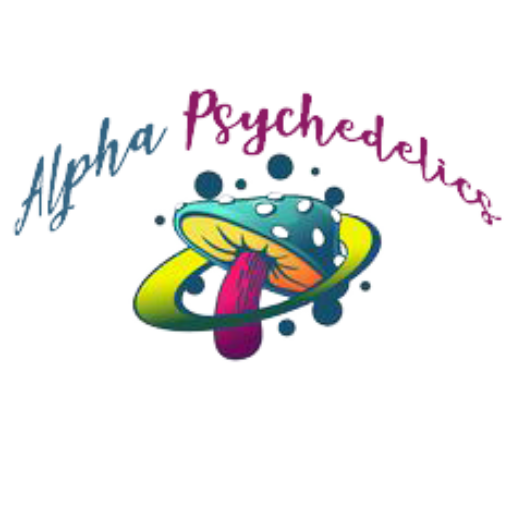
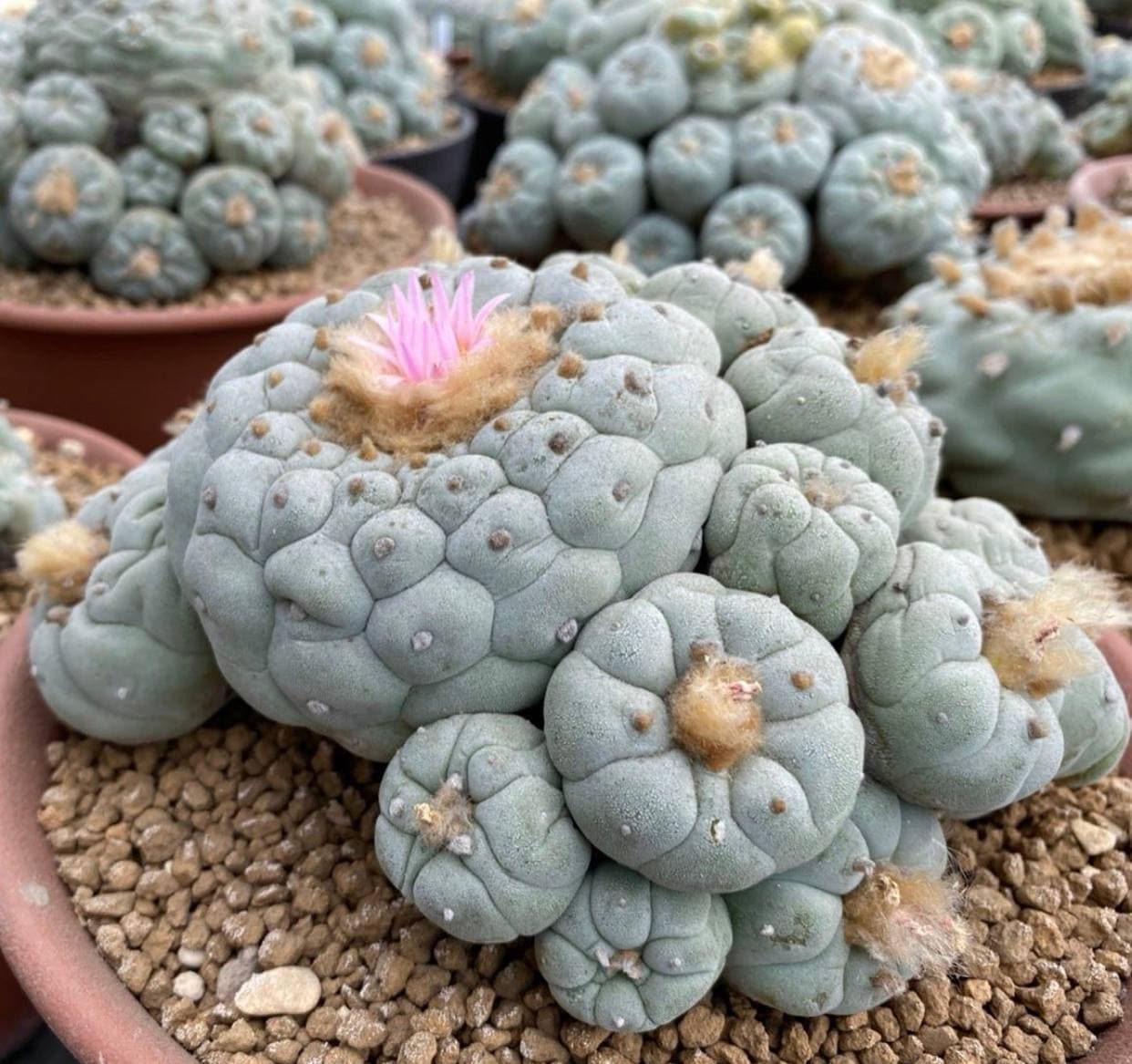
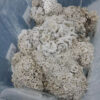


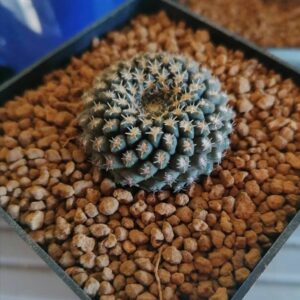
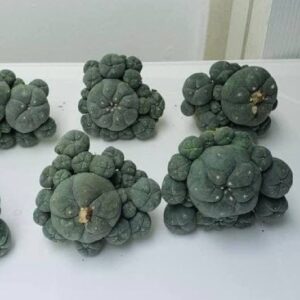

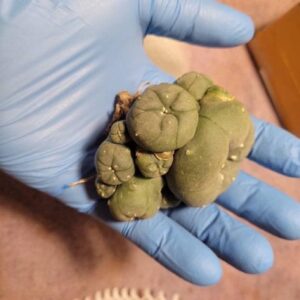
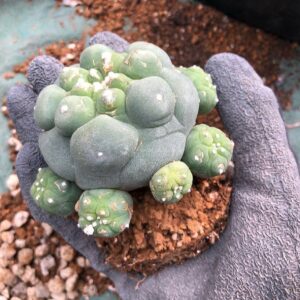
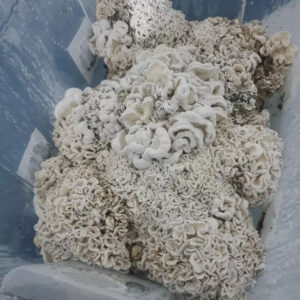
Reviews
There are no reviews yet.